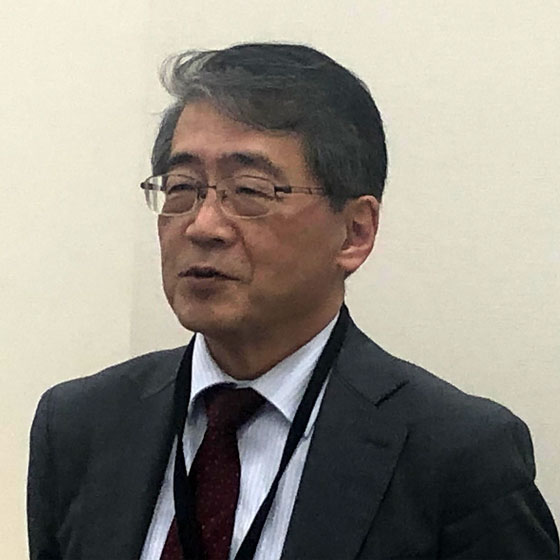Rapid population decline
While Japan's falling population has been a major political issue for decades, the numbers appear to be falling faster than the government first predicted. The welfare ministry recently estimated the number of births last year at below 900,000 for the first time. The government has been encouraging men to share the burden of housework and child rearing to turn this trend around, but change has been slow.
Signs of change
So slow, that one politician's announcement that he would take childcare leave along with his wife has become a topic of conversation across the country. Environment Minister Shinjiro Koizumi says he will be taking that leave sometime during the three months after the birth of his first child, expected soon. The time off amounts to just 2 weeks, including shortened working hours and telecommuting during the period. Koizumi has also said he will consider asking parliamentary vice ministers to work on his behalf.

Men account for 90 percent of elected representatives in the Lower House and 80 percent in the Upper House of the Diet. That relegates Japan to 121st place in the global ranking for gender equality in the World Economic Forum's 2020 Global Gender Gap Report.
Men are also dominant in local and regional governments. In the 47 prefectural assemblies, men make up 90 percent of elected representatives on average. That rate is also 90 percent at the municipal level, with 340 assemblies 100 percent men.
Childcare leave for male politicians
Some people working in local governments are trying to change that. One group of local politicians has been discussing how assemblies can plan their work more efficiently for representatives who are raising children.
Hiroko Nagano is a member of the local assembly in Tokyo's Toshima ward and a representative of this group. She conducted a nationwide survey on the question of childcare leave for male local politicians. The questions went out to all of the local assembly secretariats and more than 90 percent responded.
The results showed that of 627 births by wives of local politicians, husbands left work early or took time off for only 23 of those births, or about four percent. Nagano says that in almost all cases the husbands took only one day or just a few hours off.
The secretariats were also asked whether they had a regulatory provision allowing leave for a birth. Only five percent did and only four percent provided for leave for a sick or injured child. Nagano says this suggested that politicians could not take leave unless there was a provision for it.

"I want to do more research and talk to local politicians and their partners. Local assemblies have a lot of discussions about childcare and education policies," she said. "I believe that one of the biggest issues in the country is that very few of the parties concerned are involved in these discussions."
Katsuya Hirose is a political scientist and Vice President at Hosei University. He says this research is important so people will realize there is a problem in Japan.
"I can say that local assemblies are caught in their own trap, because even when newcomers propose changing some of the rules, older members say they have managed well enough without change." He added that assemblies make rules by unanimous consent, so they fail to keep up with social change.

At the same time, the number of uncontested elections to local assemblies is increasing, and several local governments have been trying to encourage residents to stand as candidates.
Needless to say, holding political office has to become a better working environment to attract candidates regardless of gender, to lead discussions on all issues in society.
Social change in Japan is clearly overdue at the national level and locally. A change in thinking about gender roles will enable Japanese society to adjust to the times.

